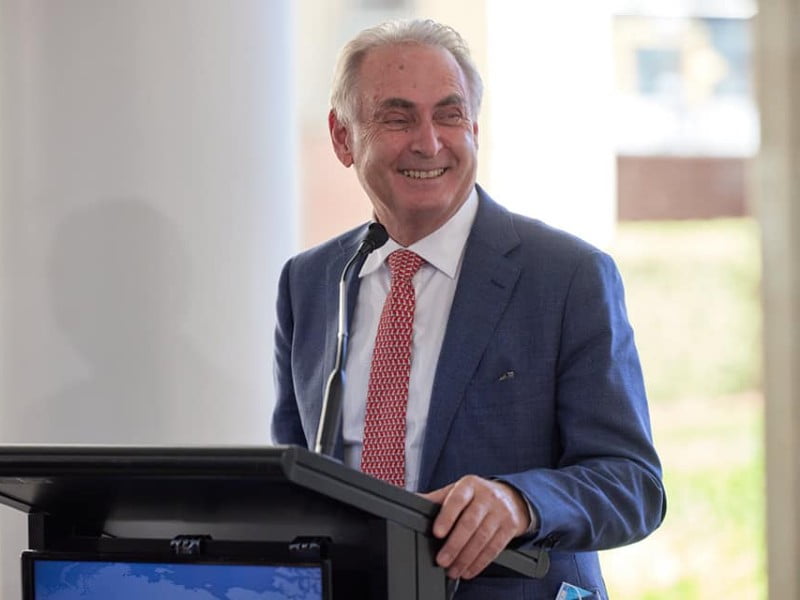With its 13 partners in the Indo-Pacific Economic Framework (IPEF), Australia has put forward a strategic supply chain agreement for the region that aims to boost economic resilience, transparency and security, among other things.
The partners are calling the pact a first-of-its-kind agreement that includes a formal Crisis Response Network to enable fast collective responses to shortages and supply chain disruptions.
The IPEF partners, a broad group of like-minded economic interests other than China, includes Australia, Brunei Darussalam, Fiji, India, Indonesia, Japan, Republic of Korea, Malaysia, New Zealand, Philippines, Singapore, Thailand, the United States, and Vietnam.
The supply chain agreement was signed following a meeting of trade ministers in Detroit in the US and announced in Australia through a joint statement from Trade minister Don Farrell and Industry minister Ed Husic.

Under the proposed IPEF supply chain agreement proposed at the conclusion of the talks in Detroit, the IPEF partners aim to create a framework that builds their collective understanding of significant chain risks, with each partner identifying and monitoring its own critical sectors and key goods.
It would also improve crisis coordination and response to supply chain disruptions, and better prepare businesses in each partner economy to identify, manage, and resolve supply chain bottlenecks, including by strengthening supply chain logistics and infrastructure.
The framework also sets out mechanisms between the partners for better cooperation in mobilising investments and promoting regulatory transparency in sectors or goods critical to national security, public health, or the prevention of significant economic disruptions.
The Detroit agreement includes the creation of three new bodies: an IPEF Supply Chain Council; an IPEF Supply Chain Crisis Response Network; and an IPEF Labour Rights Advisory Board.
The IPEF Supply Chain Council would start work on plans to address vulnerabilities and chokepoints through the Indo-Pacific, Mr Farrell said in a statement.
“This will provide a lasting platform to mobilise investment and boost value-adding opportunities for Australian industry in areas such as critical minerals and clean energy technologies, strengthening our economic resilience,” Mr Farrell said.
As part of this work, Australia – led Mr Husic and the Office of Supply Chain Resilience – and South Korea are to establish a joint initiative to boost the capacity of other IPEF partners to identify, monitor and manage critical supply chain vulnerabilities. An upcoming IPEF Supply Chain Monitoring Symposium will advance this work.
Following the formal launch of the Indo-Pacific Economic Framework in May last year, the partners have worked steadily toward the broad agreement reached in Detroit, including four rounds of in-person negotiations.
With the in-principle framework agreed to, the next steps will include further domestic consultation and legal reviews, before a final text of the proposed agreement can then be put to each of the 14 IPEF domestic processes for signature.
Australia also welcomed an IPEF hydrogen initiative launched on Sunday, which aims to support the widespread deployment of renewable and low-carbon hydrogen and its derivatives.
Do you know more? Contact James Riley via Email.

